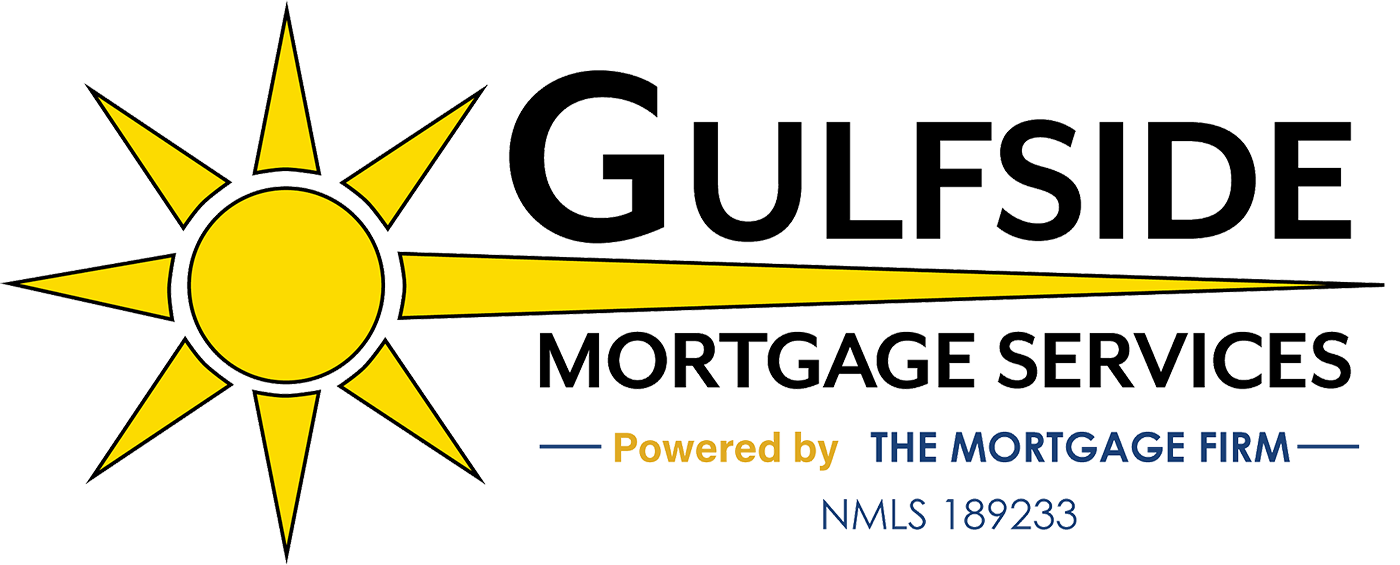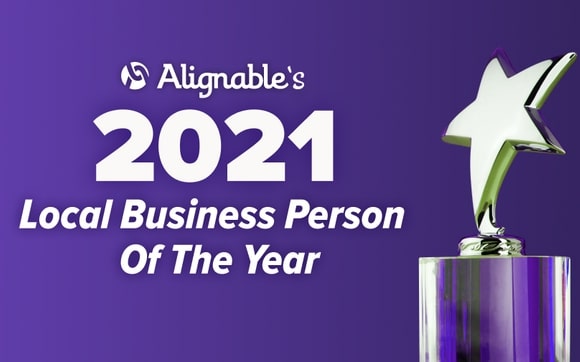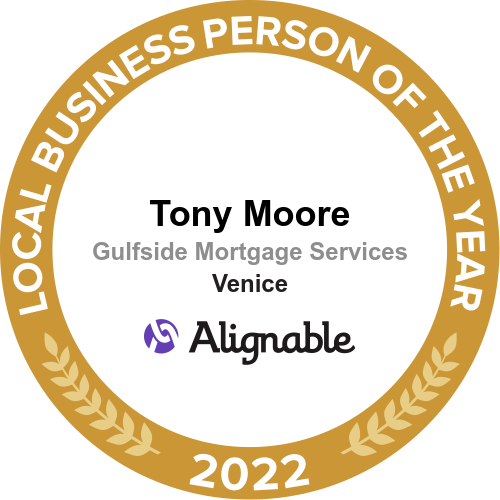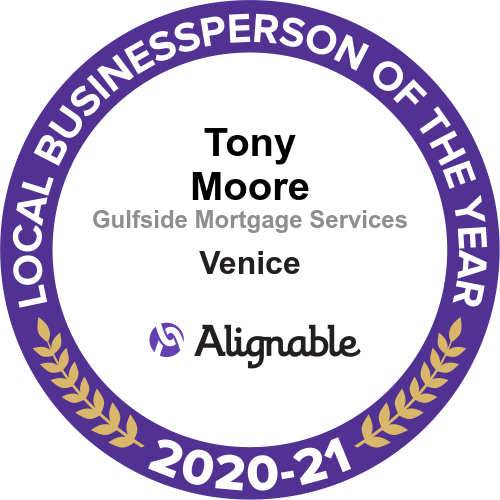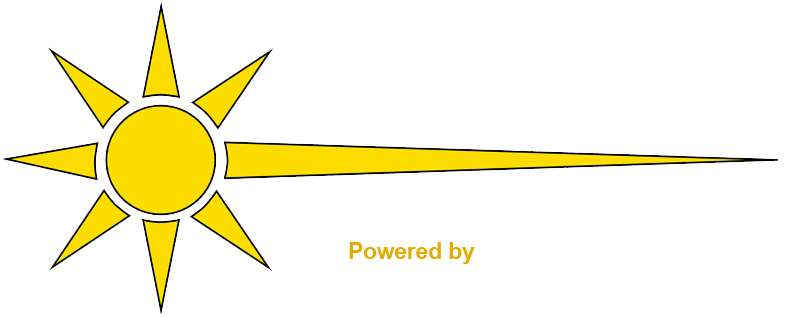Don’t be discouraged! There are still options for YOU to buy your first home! There are a number of loans specifically designed for, and offered to, first time homebuyers that require a low, or sometimes no, down payment.
If you have not-so-great credit, FHA Loans might be a good option for you. The Federal Housing Administration guarantees a portion of these loans which frees lenders so that they can loosen their standards for acceptance. You can get these loans with sometimes as low as a 3.5% down payment.
VA loans are available for service members and veterans as well as their surviving spouses. If you are a Florida borrower with your full VA loan entitlement, you are able to borrow as much as a lender is willing to lend without a down payment. Veterans without their full VA loan entitlement are bound by Florida VA loan limits. Either way, this is a strong option.
USDA loans are offered by the United States Department of Agriculture and great if you are looking to buy in rural or low income areas. These loans offer up to 100% financing (no money down), lenient eligibility requirements and competitive interest rates as the loans are guaranteed by the USDA.
Some states have first time homebuyer programs such as the Florida’s Bond Programs; i.e. Florida Assist, 3% HFA Preferred Grant, Florida Military Heroes and the SHIP (State Housing Initiatives Partnership) loans. All of these loans provide various down payment assistance for first time home buyers.
The first step is to contact a mortgage broker to learn more about these programs and find out which loan might suit you. Once your eligibility is determined, the next step will be to find out what amount you qualify for and then hopefully… start the search for your dream home!

First and foremost, it is crucial that you start with speaking to a mortgage lender and obtaining a pre-approval letter or proof of funds from your bank. Until you know what you can afford, it is a waste of your time and your Realtor’s time to begin the exciting search for a home. The worst feeling is to discover your dream home to find out that it is not in your budget.

Be sure to speak to more than one lender. Don’t only go to your personal bank for a mortgage inquiry – shop around to learn about the different mortgage types and to find the best rates. You would be surprised at the diversity of loans that are available to people in a variety of different financial circumstances. Also, don’t make the mistake of assuming that you always need 20% down. There are loans out there that require less of a down payment, be sure to find out if you qualify for any of these.
Do not take out any new lines of credit, by way of credit cards or a new car, prior to buying a home. You want to keep your debt to income ratio status-quo before and during the entire process. Some folks think once they are approved for a loan they can run out and buy a new couch or a car; don’t do this! You can be pre-approved for a loan and still be denied last minute if something changes in your credit history.
Once you find the home of your dreams, don’t assume you have plenty of time to submit an offer. Especially in the current market, homes are going under contract sometimes on the day they go on the market, sometimes with multiple offers, with cash buyers and even with offers over the asking price. The competition is stiff. If you know you love the house, make the offer immediately! When you do submit that offer, don’t lowball. For the reasons listed above, you may very well lose it if you play games.
It’s never a good idea to drain your savings account when buying a home. Once you become a homeowner, you are now responsible for any unforeseen emergencies and repair expenses. It’s always good to have a little cushion with an emergency fund.
Lastly, talk to your mortgage lender and your Realtor openly and don’t hesitate to ask questions. This is what they’re there for and they should help keep you on track through a smooth real estate transaction.

- No Down Payment – This is far and away the program’s signature benefit. Qualified VA Loan borrowers can purchase up to a county’s conforming loan limit without a down payment. Those limits can change every year and are higher in more expensive areas. The ability to purchase with no down payment means military homebuyers don’t have to scrape and stockpile for years and years to pursue a home of their own.
- Looser Credit Requirements – Credit score requirements have started to thaw, but that hasn’t made life significantly easier for many military buyers. The credit benchmarks set by both conventional and FHA lenders can still be tough to hit. Most VA lenders are looking for a credit score of at least 620. The 620 benchmark is in FICO’s “Fair” credit score range, which is a tier below “Good” and two below “Excellent.” Contrary to misconception, VA buyers don’t need anything near perfect credit to secure financing.
- Foreclosure and Bankruptcy – These financial setbacks don’t automatically put an end to your VA loan chances. It’s possible to secure a VA home loan just two years removed from a foreclosure, short sale or bankruptcy. In some cases, veterans who file for Chapter 13 bankruptcy protection can be eligible just a year removed from the filing date. Read more about getting a VA Loan after foreclosure. Veterans who lose a VA-backed mortgage to foreclosure can still be eligible for another.
We proudly offer mortgage products from the U.S. Department of Veterans Affairs (VA). These safe, flexible products with favorable loan terms are available to veterans and active duty personnel.
We came across a great read by Mortgage News Daily that we wanted to share with you!
The biggest story for the mortgage and housing market so far in 2021 has been the big spike in mortgage rates. It has been more abrupt and covered more ground than all but the worst historical examples. That said, it was always going to happen when the covid outlook improved.
For something that was “always going to happen,” the rate spike still managed to catch many people off guard. The biggest reason for that was the disconnect between mortgage rates and the bonds that typically dictate mortgage rate movement.
There are actually two types of bonds that affect mortgage rates: Treasuries in a general sense, and mortgage-backed bonds specifically. To make a long story short, the pandemic resulted in an unprecedented breakdown in the normal correlations between bonds and rates.
Read More…